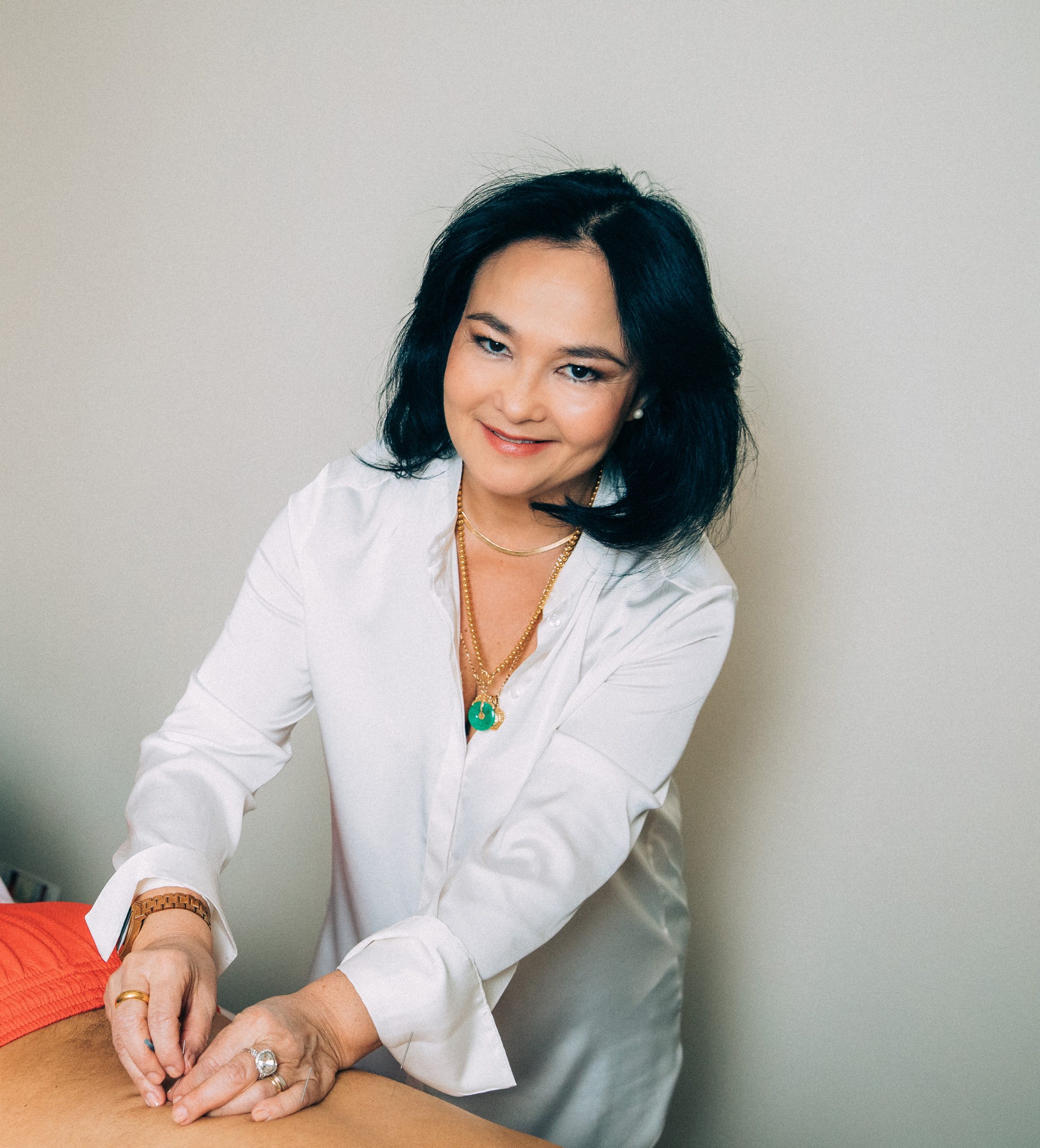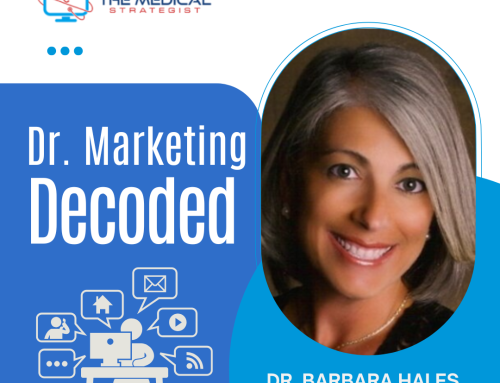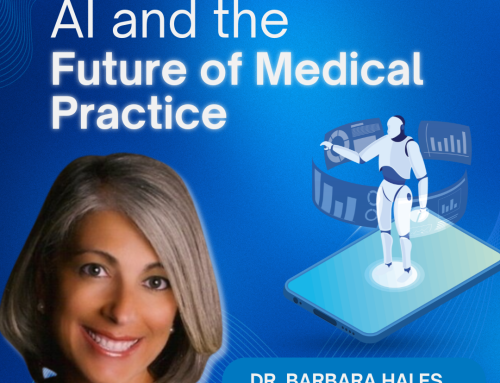Podcast: Play in new window | Download
Subscribe: RSS
Tsao Lin Moy
- What is the difference between Western Medicine and East Asian Medicine?
- How Acupuncture works and how it’s beneficial to us.
- How Acupuncture can help in women’s fertility.
Key Takeaway:
Connect with Tsao Lin Moy:
Connect with Barbara Hales:
YouTube:
https://www.youtube.com/TheMedicalStrategist
- Content Copy Made Easy
- 14 Tactics to Triple Sales
- Power to the Patient: The Medical Strategist
TRANSCRIPTION (077)
Physician Showcase
How Acupuncture works
Acupuncture in Women’s Fertility
So, keeping that in mind is to when you are eating is to be conscious about your food in a way that it’s more than just taste. But making sure that you are looking at the quality and balancing it and really understand the balance and looking at, you know, things like the different kinds of starches and stuff. So, some are more inflammatory than others. And so, you got to like, look, if this is eating wheat, or gluten is going to cause problems in my gut, which later on are going to cause problems with inflammation with problems with immune with arthritis down the road, or other things, then you need to make the connection. Right, because it’s hard for people to make the connection. And so that is something that I would say is like looking at all of those, you know, aspects in your life, you know, to do a good assessment, does it bring me joy? Does it make me feel better? Or is it not? Right? And so that is like one of those things? Yeah, and then the exercise too, we want to like exercise the ideas to increase blood circulation, lubricate the joints.
Exercise
I noticed a lot of people are doing heavy-duty exercise. And oftentimes what happens that they are addressing exercise like an acquisition versus if that’s the case getting better, better, better, they tend to use their adrenaline then to be to produce like to get that and similar going back to fertility. Many women kind of attack fertility, like they do everything else like getting the job getting the house, getting the degree and it’s like one of those things where you have to receive it’s a different kind of energy. And yeah, like the same with exercise. It’s like everything you do is kind of like not being extreme because we keep it very Western is extreme.
Extreme makeovers a video fasting, you know biohacking and it’s doesn’t matter if you’re using it, as natural ingredients. If you’re biohacking, you’re creating big stress on the body. And yeah, and then that has a counter to it. Right? And it’s only it’s very short, it’s very short-lived. Right? And so that would be what I would say is to look at you can contact me or look into East Asian medicine, there’s a life philosophy around it too, so you can incorporate it in many different ways, right to make the quality of your life much better.
Dr. Barbara Hales: We’ve been talking today with Dr. Tsao Min Choy, and I wanted to remind you that she has the best seller “Will I ever get pregnant? The Smart Woman’s Guide to get pregnant naturally over 40” And they could get that book at Amazon, I assume? Yes. Now, you know, from listening to your episode, a lot of patients will say this is just the doctor that I need. How can they get in touch with you?
Dr. Tsao Lin Moy: I have a website, which is www.integrativehealingarts.com. I’m also on Instagram, under my name, which is I think it probably must get spelled would be @tsaolinmoy which would be T-S-A-O-L-I-N-M-O-Y.
Dr. Barbara Hales: That’ll be in the show notes.
It has really been a thrill speaking with you today. I’ve learned a lot as I am sure a lot of listeners have. And really, it’s been an honor to have you on this month’s physician showcase. Thanks for coming.
Dr. Tsao Lin Moy: Thank you so much for having me. And I hope everyone enjoyed hearing a little bit about East Asian medicine.
Dr. Barbara Hales: This is another episode of marketing tips for doctors with your host, Dr. Barbara Hales. Until next time.




